2020 has taken us all by surprise. At the start of the year, very few could have predicted that the world would find itself in the grip of a global pandemic. Governments around the world have had to take a huge array of steps and measures to reduce the spread of coronavirus and Covid-19. Over the past four months, most countries have been in a lockdown state, with everyone but essential workers being encouraged to stay home. But more recently, restrictions are being lifted and increasing numbers of people are being able to do more of the things we usually do. This could include going to work and spending time in more social settings. Of course, the virus is still present. So, if you run a business that hosts staff or members of the public in a commercial premises, you’re still going to have to make some changes to the way you operate in order to prevent it from spreading further.
This will be a multi-step process, focusing on various different aspects of your business and operations. Most companies now have social distancing stickers placed on the floor, hand sanitiser readily available and face masks used where necessary. But one area that many businesses are forgetting is ventilation. Here’s a little information on how ventilation could impact levels of coronavirus and how to prevent covid-19 inside your business with clever ventilation solutions.
REHVA’s Research
Earlier this year, REHVA (the Federation of European Heating, Ventilation and Air Conditioning Associations) decided to conduct some research in order to provide interim guidance on how businesses should operate and use building services in order to combat the spread of coronavirus during the pandemic. This research focused on commercial buildings and public buildings, including:
- Offices
- Schools
- Shopping areas
- Sports premises
- Other spaces where only occupation by infected people is expected
While information on coronavirus and Covid-19 is limited, the REHVA has done its utmost to find effective best-practice recommendations based on evidence from the SARS-CoV-1 outbreak in 2003 and 2004. The following information is based on their research and recommendations.
How Does Covid-19 Spread?

In order to prevent the spread of Covid-19, you first need to understand how it spreads. There are two dominant transmission routes of covid-19. The first is via large droplets (such as the droplets that we emit when sneezing, coughing or talking). The second is via surface transmission (touching hands, faces and so on). Let’s focus on air transmission through large and small droplets for now.
Large Droplets
Airborne transmission through large droplets tends to occur when these droplets are released (often through the acts of coughing and sneezing) and land on surfaces within a two metre range of the infected person. People standing within a two metre radius of this individual can then catch the virus themselves. Preventing the spread of the virus through large droplets is relatively simple. You just ensure that everyone stays at least two meters apart from one another. You can also encourage the use of face masks to block the projection of large droplets.
Small Droplets
Small droplets tend to be much more difficult to control. They can stay airborne for hours and can be transported long distances, circulating around enclosed spaces. The coronavirus particle, in particular, remains active in common indoor air conditions for up to three hours. As you can imagine, these particles and droplets can be spread around spaces through airflows and ventilation systems. A two metre distance isn’t sufficient to stop the spread of coronavirus through small droplets and particles. Instad, you’re going to have to take a look at your space’s filtration and ventilation systems.
Solutions
Bearing the above information in mind, here are some of the recommended solutions provided by REHVA.
Increasing Air Supply and Exhaust Ventilation
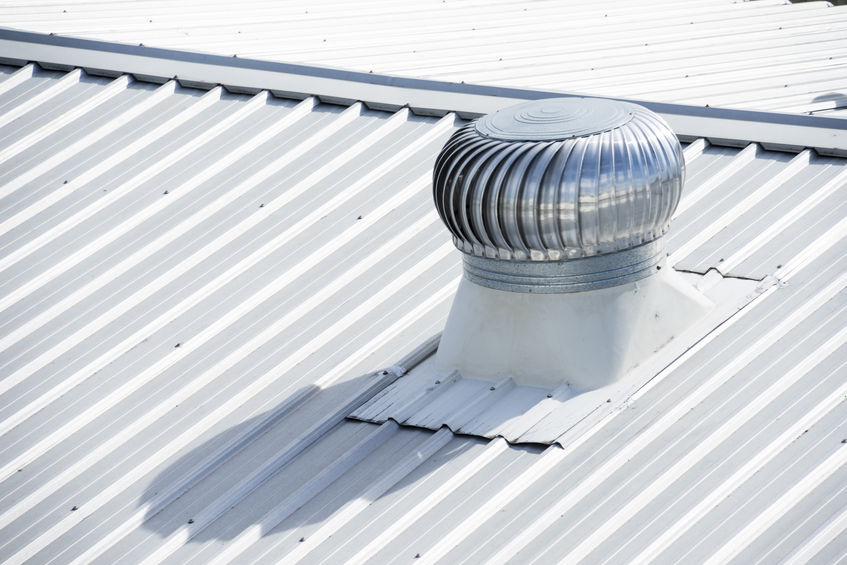
The most important piece of advice is to supply as much outside air as possible to your indoor space. This should now be deemed an essential for covid-19 office prevention, as well as covid-19 prevention in any other commercial or public premises. You should consider keeping your ventilation on 24/7. Simply use lower ventilation rates when there is nobody present in the building. Exhaust ventilation systems in toilets should also be left on 24/7. Just make sure to use relatively negative pressures to ensure that faecal-oral transmission is avoided in these spaces.
Use More Window-Driven Natural Ventilation
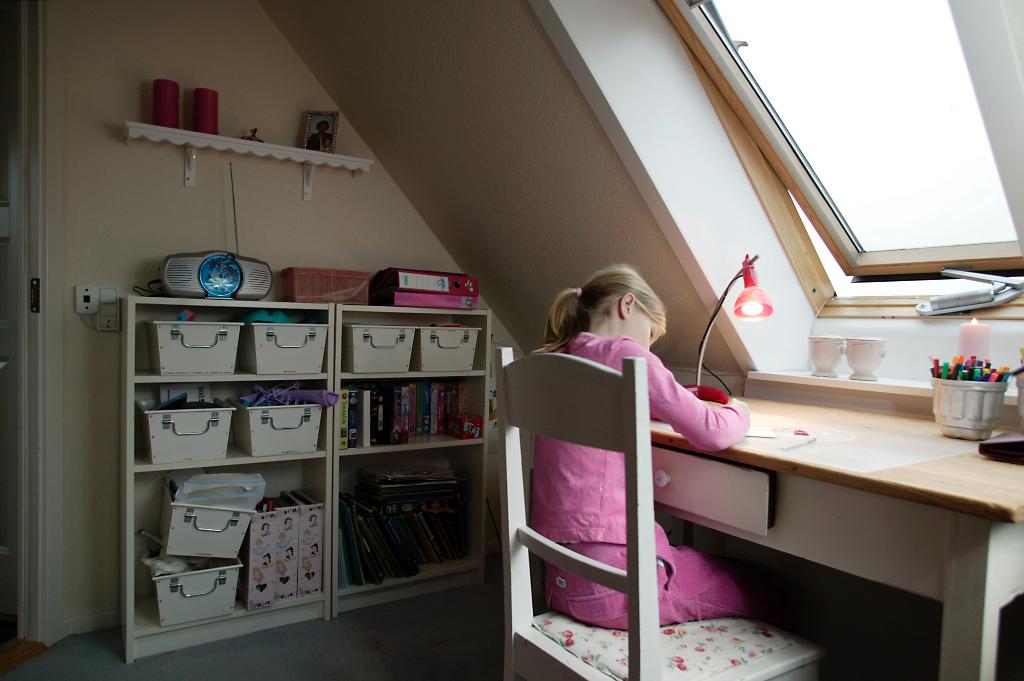
If your building does not have a mechanical ventilation system, you should make sure to open any windows that you can. This can cause thermal discomfort, with your commercial or public space becoming too warm or too cold depending on the weather. But it is important for the prevention of Covid-19 in offices and other spaces. This is also an additional step you can take even if you do have a mechanical ventilation system. All in all, an open window will significantly increase natural ventilation in any given space.
The only room where windows should remain shut is the toilets or bathroom. This is because open windows in these spaces that have passive stack or mechanical exhaust systems could contaminate airflow from toilets into other spaces. If you do not have exhaust ventilation in your toilets and you do have to open windows in this space, it is recommended that you also keep windows in other rooms of your building open. This will help you to achieve cross flow throughout the building.
Humidification Is Not Effective
You may be familiar with the advice that humidification up to 30% is effective in preventing symptoms and cases of the common cold in the winter. This is because nasal systems and mucous membranes are more susceptible to infections at a low RH of 20%. But this isn’t really effective when it comes to Covid-19. This is because Covid-19 is highly resistant to environmental changes and is only impacted by humidity at levels of 80% and above, accompanied by a temperature above 30 degrees. This, of course, isn’t feasible in an office, commercial or public space, as all occupants would be too uncomfortable to complete any work.
Safe Use of Heat Recovery Devices
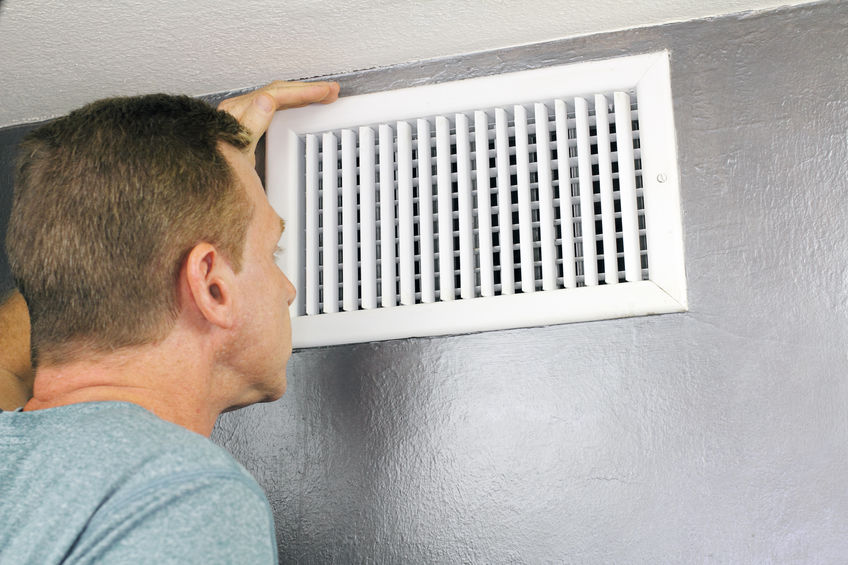
It is recommended that you turn off rotary heat exchangers during the coronavirus pandemic. This is because heat-recovery devices can carry the virus attached to particles from the exhaust airside to the supply airside if there are leaks in your system. In rotary heat exchangers, particles deposit on the return airside of your heat exchanger surface and can be resuspended when the heat exchanger turns to the supply airside. Put simply, this all means that virus particles in extract air can re-enter your building while your heat recovery devices are in use.
REHVA advises that if leaks are suspected in your heat-recovery sections, pressure adjustment or bypassing can be another option. This will help to avoid a situation where higher pressure on the extract side can cause air leakages on the supply side.
It’s good to note that transmission through heat recovery devices isn’t an issue if your HVAC system has a twin coil, or “run around coil”. It is also not an issue if you have any other heat recovery device that guarantees air separation between the return and supply side.
No Use of Recirculation
It’s important to be aware that virus particles in return ducts are able to re-enter your building if your centralised air handling units have recirculation. So, it’s important that you do not use central recirculation during the pandemic when it comes to well managed covid-19 ventilation. You should ensure that you close recirculation dampers, even if there are return air filters present. REHVA notes that these return air filters do not usually filter out viruses like coronavirus.
If you have a decentralised system, such as a fan coil unit, these will use local circulation and should be turned off. This will prevent resuspension of particles at room level. If your unit cannot be turned off, you should at least make sure to clean your systems regularly.
Duct Cleaning is Not Effective
It is not likely that virus particles will deposit easily in ventilation ducts. Instead, they will generally be carried away by the airflow within the system. This means that you do not need to clean your ducts any more regularly than usual. Instad, focus should be laid on increasing fresh air supply and avoiding recirculation.
It Is Not Necessary to Change Outdoor Air Filters
Fine outdoor air filters will provide reasonable protection against rare cases of low concentration, virus-contaminated outdoor air. It is important to be aware that clogged filters are not a source of contamination, so you do not need to change them any more frequently than usual for covid-19 prevention offices.
Hopefully, some of the above information will help you to implement good quality covid-19 prevention in your commercial or public space through the use of effective ventilation! All of the guidelines are easy to follow and each of the steps are relatively simple to implement. So, get started now for the best results!
Want to know more?
If you want help choosing the right product or solution, our technical sales staff are here to help.
Why not call us today on 01702 826 267 or click below to submit an enquiry.
Related Posts
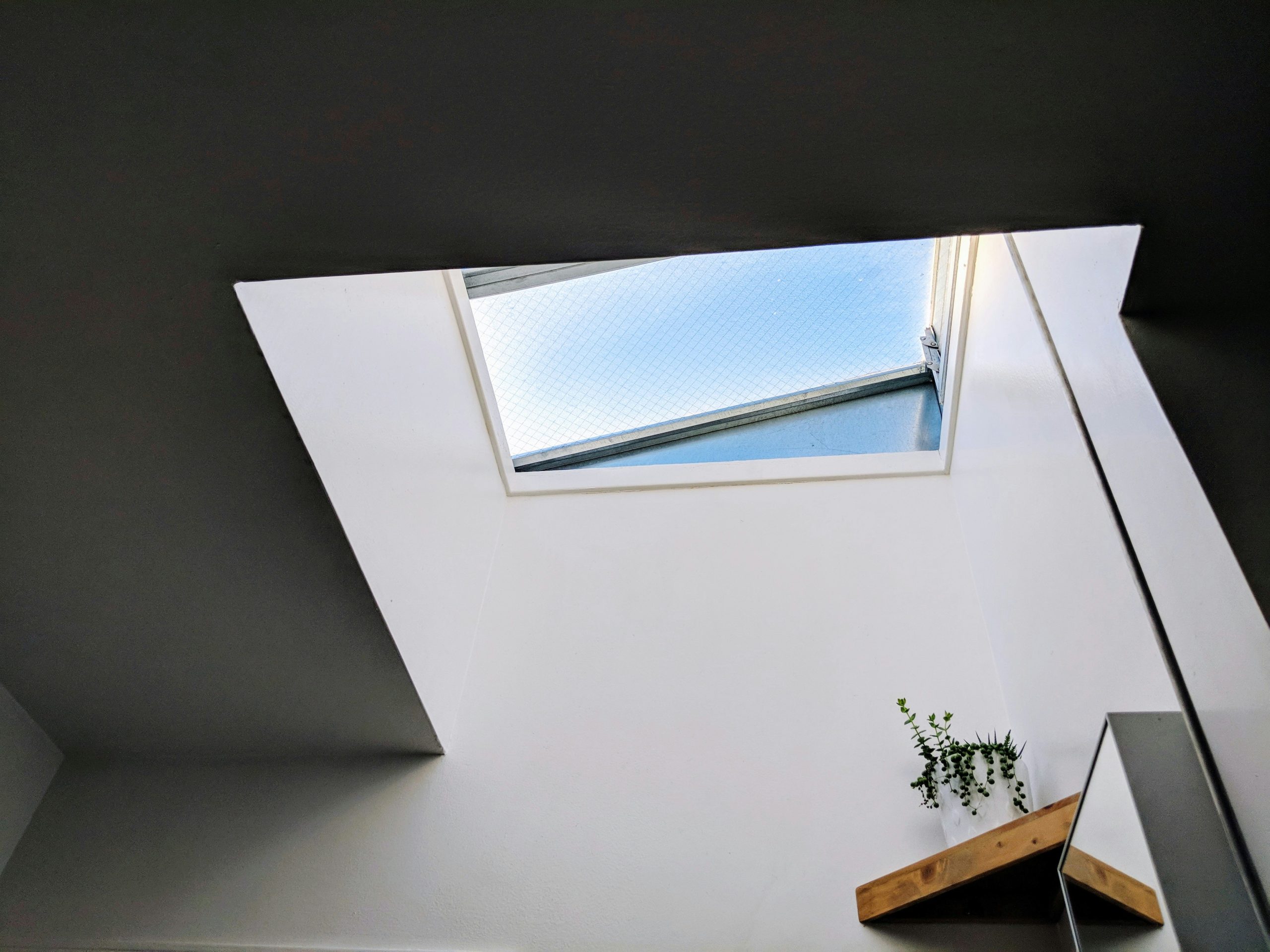 How to Open High-Level Windows
How to Open High-Level WindowsOpening high-level windows can be a straightforward task with the right equipment and techniques. Whether you prefer electric actuators for convenience or manual options for simplicity.
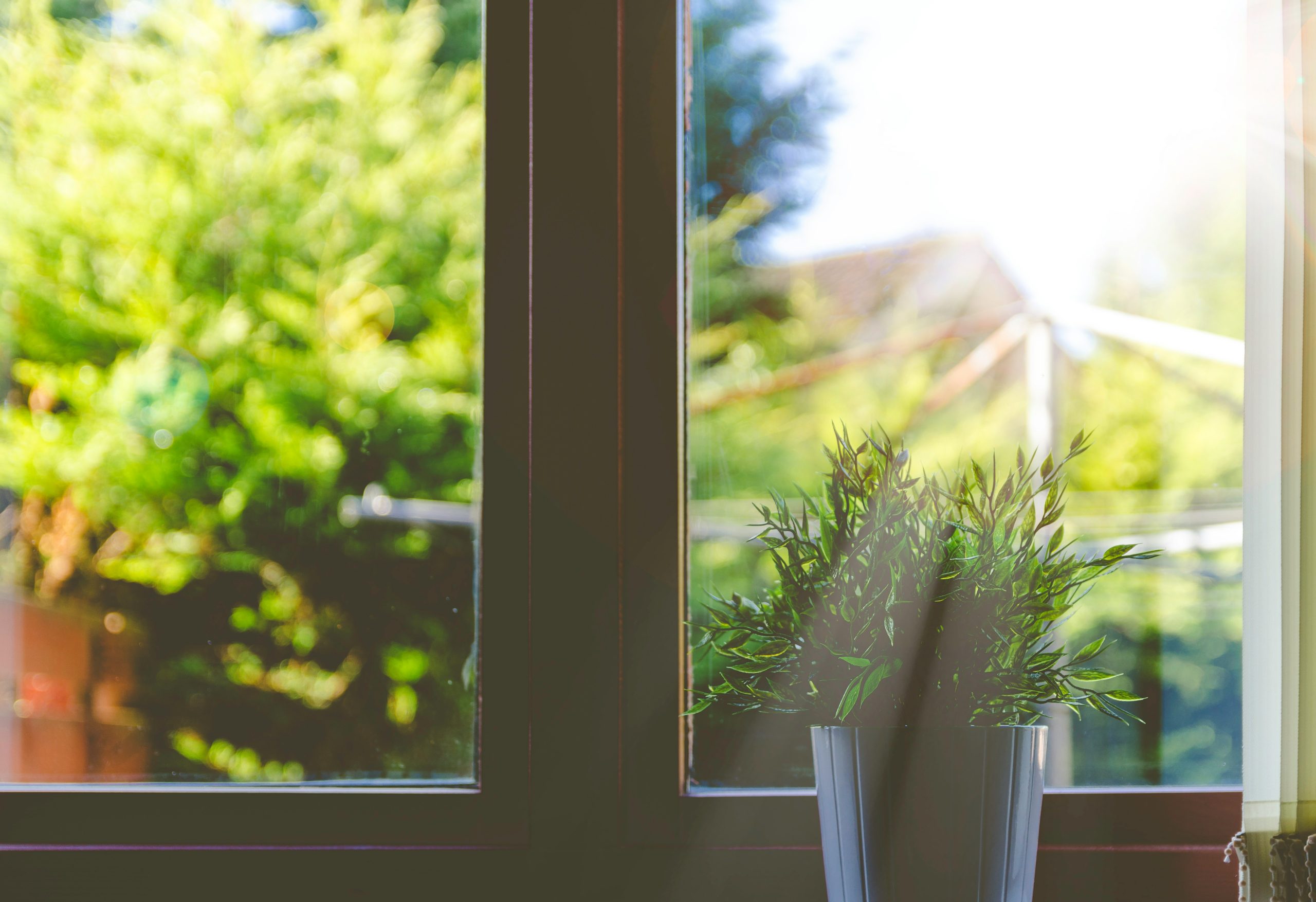 Preparing Your Natural Ventilation System for Summer
Preparing Your Natural Ventilation System for SummerAs the seasons change, it's important to ensure that your passive ventilation system is ready to perform efficiently, especially as temperatures rise during summer.
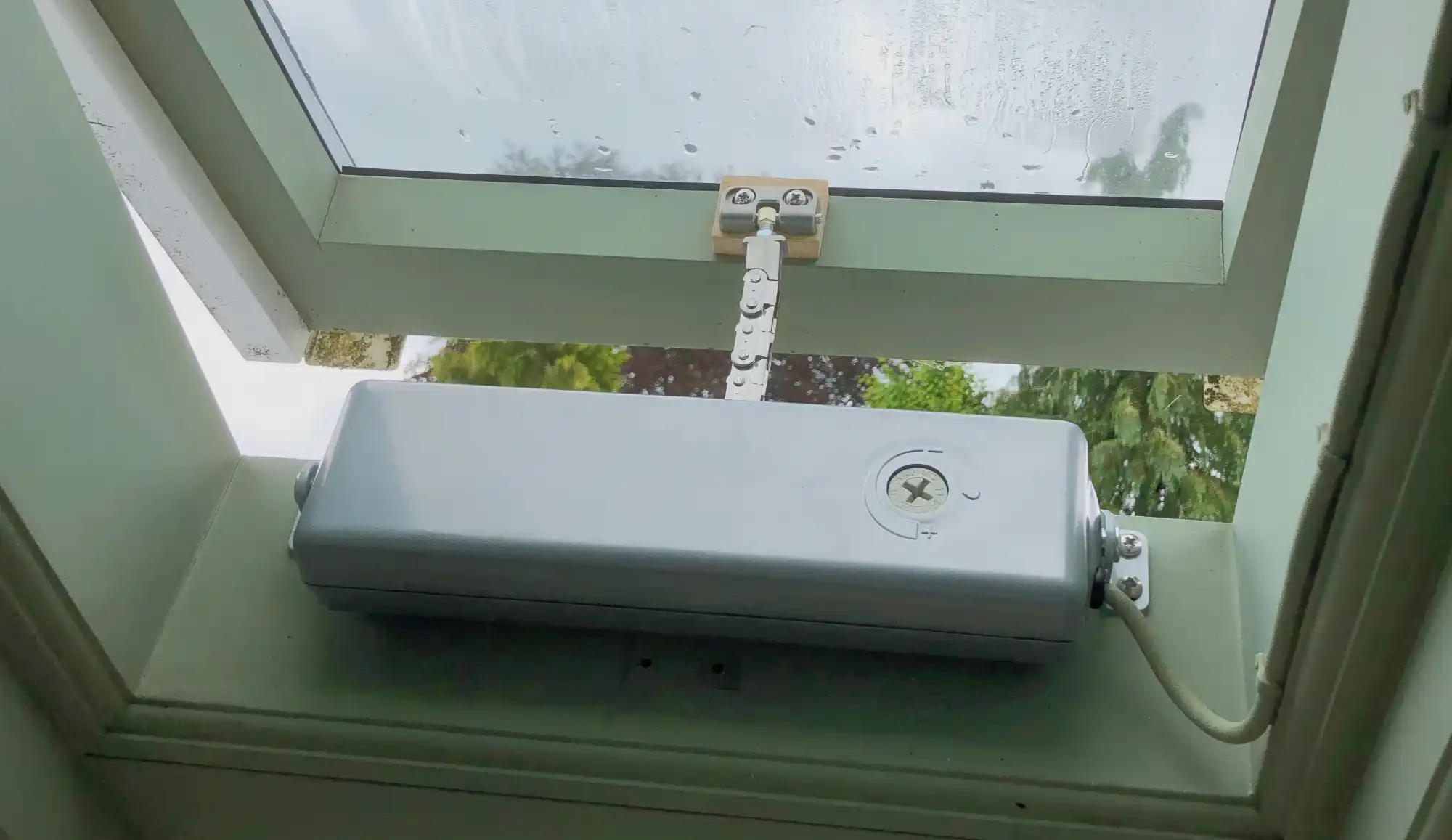 Replacing an ACK4 (ACK42/ACK44) Window Opener
Replacing an ACK4 (ACK42/ACK44) Window OpenerThe ACK4 window openers are one of the most reliable openers on the market and have been for well over 30 years. With an expected lifespan of at least 10,000 cycles, you should expect the window actuator to last well beyond its warranty period. Read on to discover the best way to get a replacement ACK42 or ACK44 chain opener if yours has stopped working.
